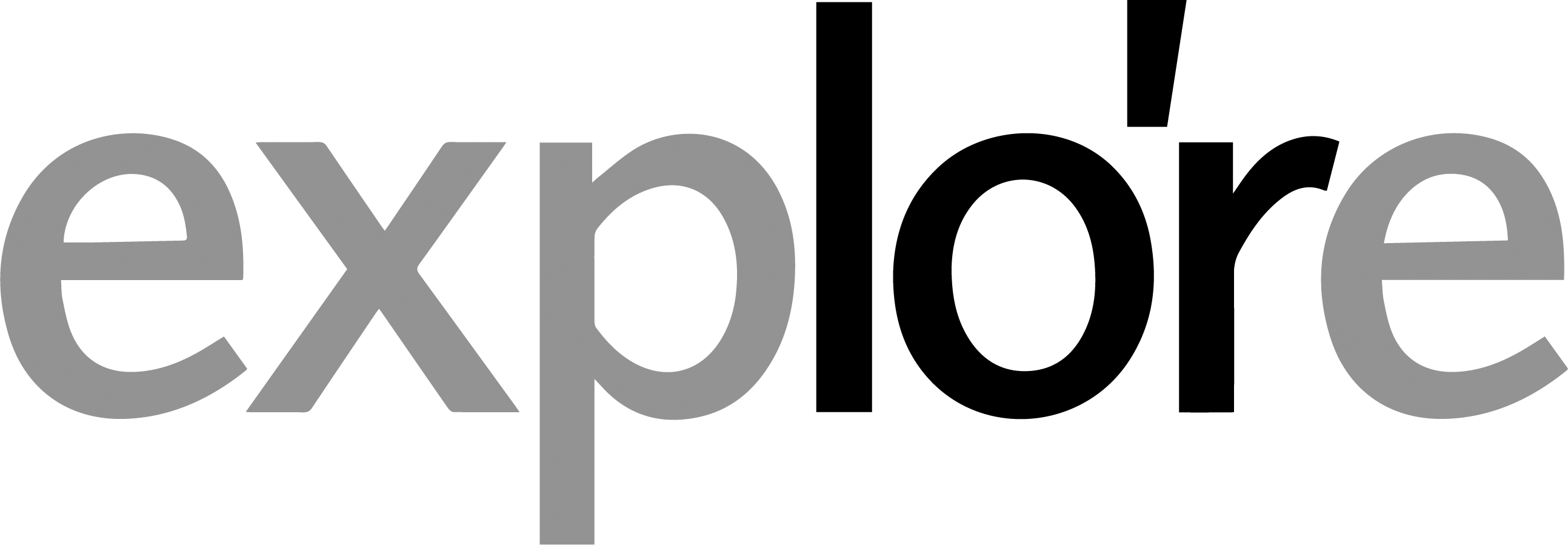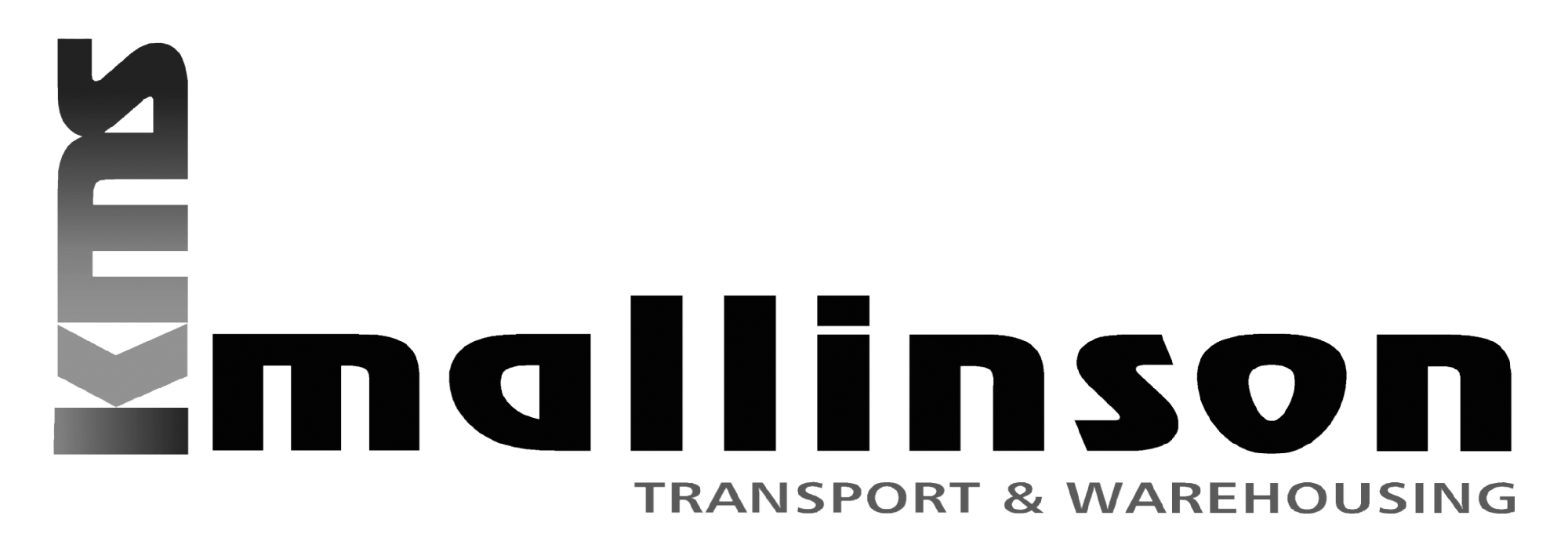We all know the importance of weighing up the costs and benefits before committing any resource and therefore a robust budget that works is fundamental to your business success.
Budgets should always be used to help you meet your business ambitions but should always be realistic. You can use historic information to aid this process.
When producing your budget, firstly list 5 key targets that you hope to achieve during the budget period.
Examples of targets could include;
- Increase sales by 5%
- Decrease administrative costs by 2%
- Reducing subcontract spend by 3%
It is important to ensure that budget targets always line up with your overall businesses strategic targets.
So you now have your targets in terms of having the numbers down but how are you now going to achieve them?
How will you increase more sales? Are you going to be increasing you sales staff numbers? Increase spend on marketing and advertising? Are you going to be changing your price points?
How are you going to reduce your reliance on subcontracting? Are you going to be increasing your own capacity?
You should also use the budget to evaluate other aspects of the business not just the numbers. Do you need to evaluate the price points, are you going to change any targets for your target markets or target Customers?
What external impacts can you expect? Are the costs of production or components going to rise?
Should you evaluate or benchmark any suppliers? This can be done through tendering processes.
Should you give your staff any new training to update their skills? What benefit will this bring, what will the cost be?
Other key decisions need to be made on the budget term, is it for a year? Five years? Will you need to introduce and flex budgets or re-evaluate every quarter?
It is important to continually monitor the budget against actual. This is becoming easier than ever with advancements in MI.
If you are interested in hearing how Perfficiency can help your business contact us today.










